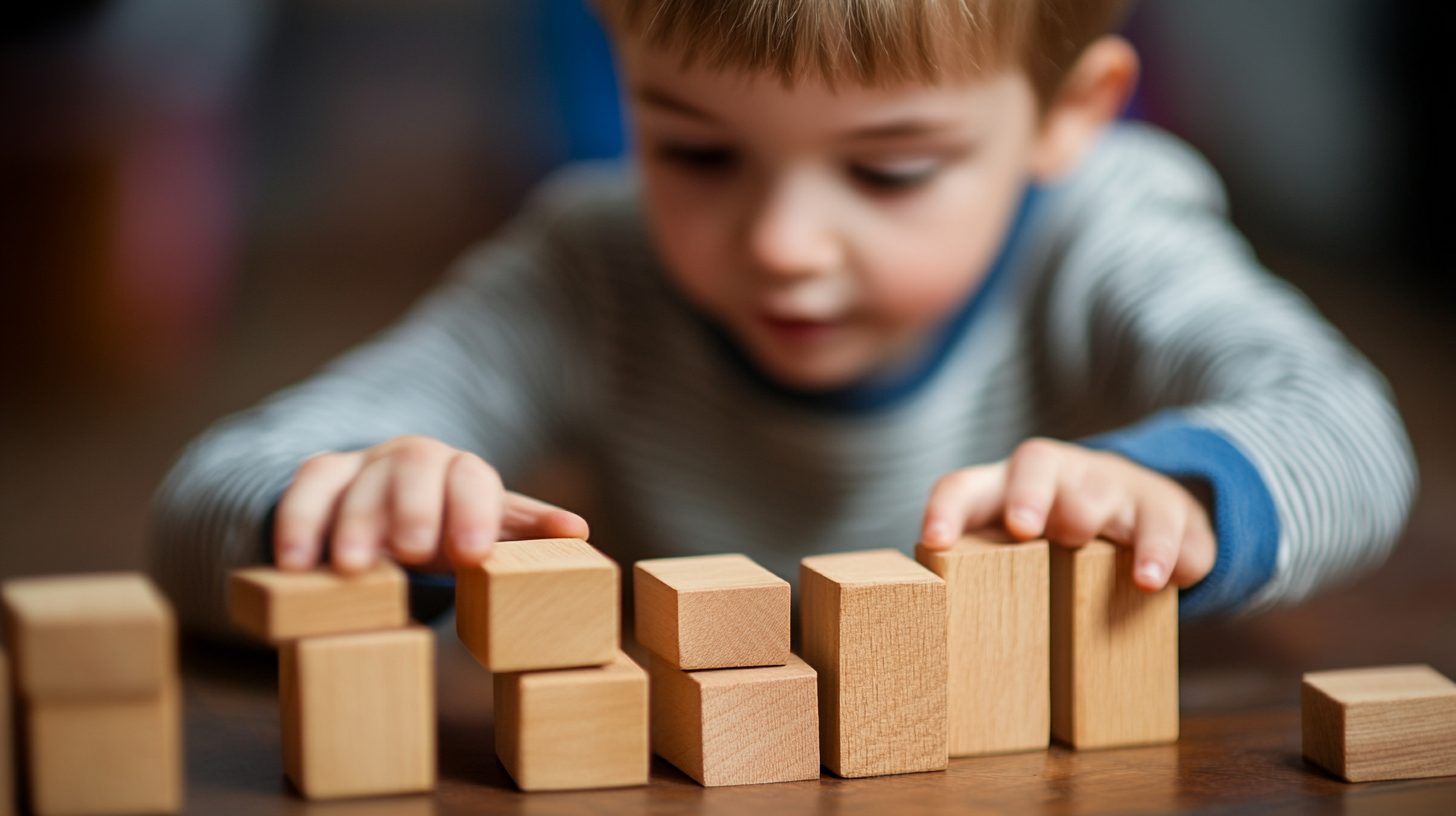Understanding Child Development Milestones: Ages 6-10 - A Complete Guide for Parents
Welcome to our comprehensive guide on child development milestones for ages 6-10. As parents and educators, understanding these crucial years can help us better support our children's growth in autonomy, critical thinking, and independence. Let's explore how we can nurture these essential skills during this pivotal period.
Physical Development: The Foundation of Independence
During ages 6-10, children experience significant physical changes that contribute to their growing independence. These changes include:
- Enhanced hand-eye coordination
- Improved balance and agility
- Better fine motor skills
- Increased strength and endurance
Supporting Physical Development
Parents can encourage physical development through various activities:
- Regular outdoor play and sports participation
- Arts and crafts for fine motor skills
- Dance or martial arts classes
- Swimming lessons
Cognitive Development and Critical Thinking
The elementary school years mark a significant leap in cognitive abilities. Children begin to:
- Think more logically about concrete situations
- Understand cause and effect relationships
- Develop problem-solving strategies
- Express complex thoughts and opinions
Fostering Critical Thinking Skills
To enhance cognitive development, try these strategies:
- Ask open-ended questions
- Encourage creative problem-solving
- Play strategy games and puzzles
- Engage in scientific experiments
Social Development and Peer Relationships
Social skills become increasingly important during these years. Children typically:
- Form closer friendships
- Develop team-working abilities
- Learn conflict resolution
- Understand social norms
Building Emotional Intelligence
Emotional development is crucial for long-term success. Focus on:
- Understanding and expressing feelings
- Developing empathy
- Building self-awareness
- Managing frustrations
Promoting Independence and Responsibility
Help children develop autonomy through:
- Age-appropriate chores
- Time management skills
- Personal organization
- Decision-making opportunities
Expert Corner: Dr. Sarah Johnson's Perspective
"Children between 6-10 years old are naturally curious and eager to prove their capabilities. Providing them with structured independence helps build confidence and competence." - Dr. Sarah Johnson, Child Development Specialist
Red Flags to Watch For
While development varies, consider consulting a professional if your child:
- Shows significant difficulty with peer relationships
- Struggles with basic academic skills
- Demonstrates extreme emotional reactions
- Has trouble with basic motor skills
Parental Support and Guidance
Your role as a parent includes:
- Creating a supportive learning environment
- Setting clear boundaries and expectations
- Offering praise for effort and persistence
- Modeling positive behaviors
Conclusion
Every child develops at their own pace, but understanding these milestones helps us provide better support and guidance. Remember to celebrate progress and maintain open communication with your child.
For more parenting tips and child development insights, follow us on Instagram @crianca.blog where we share daily updates and practical advice for supporting your child's growth journey.
Mom's Corner
As a mother of two elementary school children, I've learned that patience and consistency are key. Watching my kids develop independence and critical thinking skills has been both challenging and rewarding. Remember, every small step forward is a victory worth celebrating!
